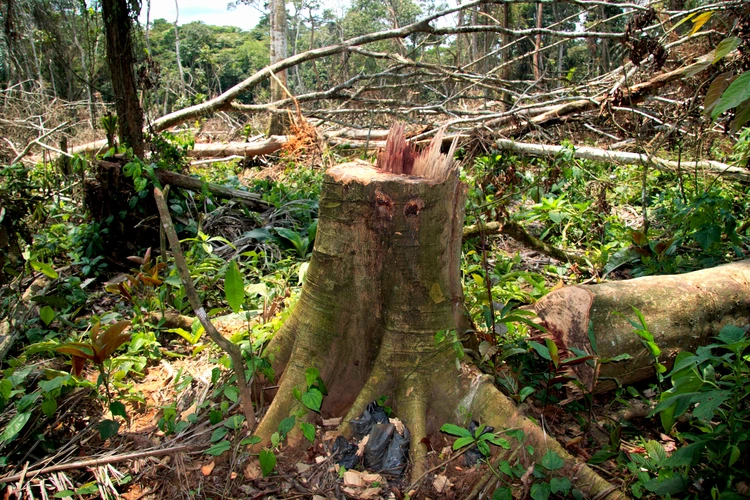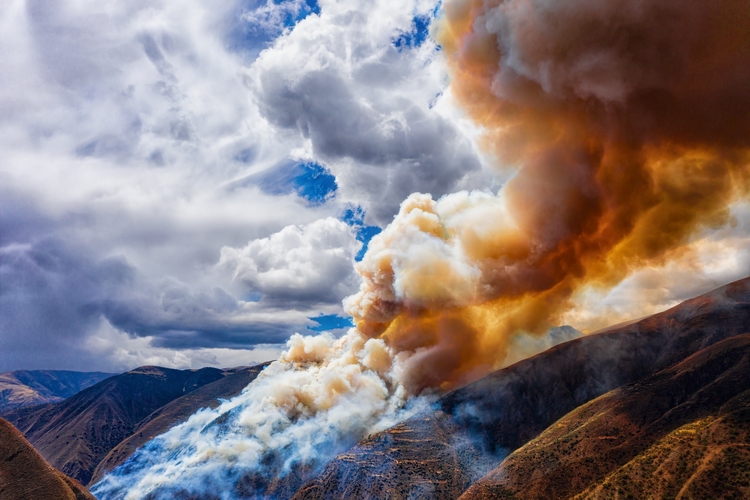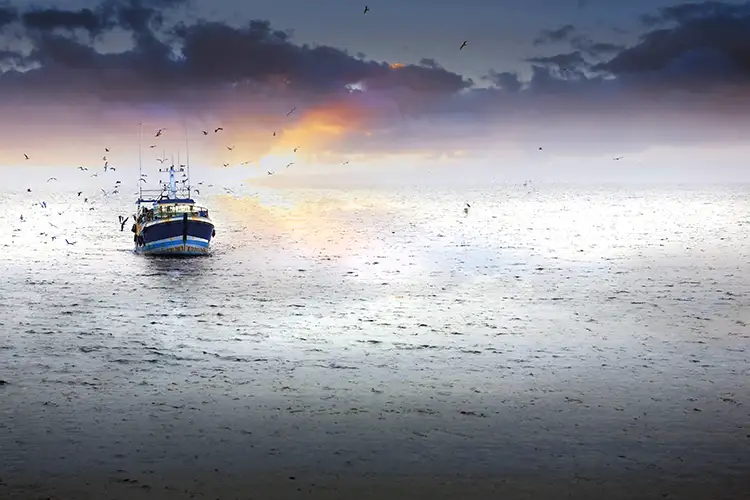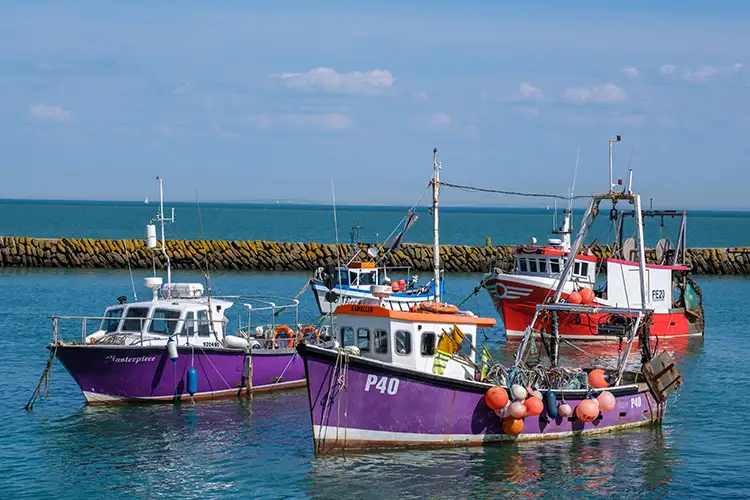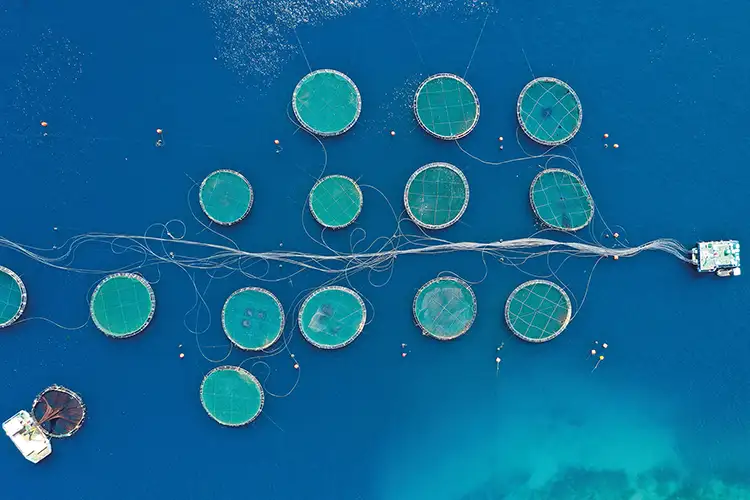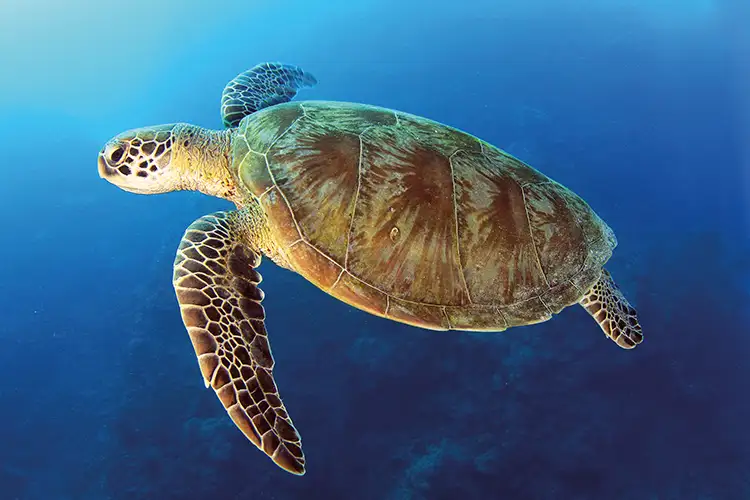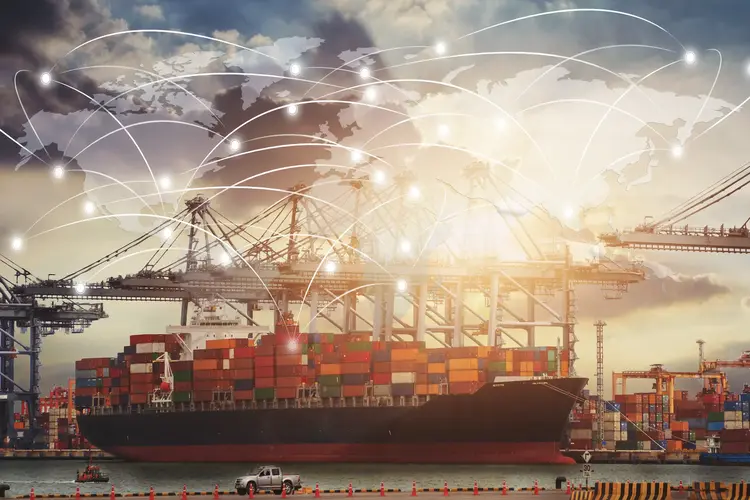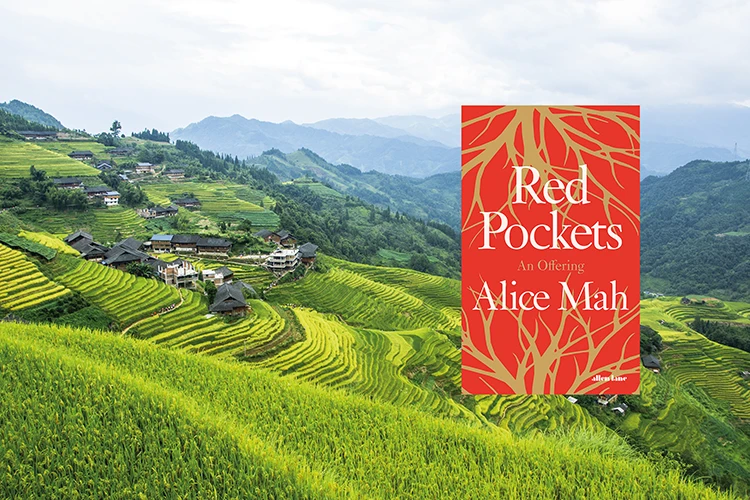
Mark Rowe
Mark Rowe is a trained journalist and author with more than 25 years' experience of writing on the planet's major environmental issues, from climate change to renewable energy and poverty alleviation as well as wildlife and landscapes. Having cut his teeth and qualified on local papers in the north of England, he worked in Estonia on th Baltic Independent before working for the Telegraph and then news editor at the Independent on Sunday. He writes for a wide range of titles, including the Telegraph, Guardian, BBC Wildlife, the i, Nat Geo Traveller UK, Country, Land & Business and also writes the Behind the Headlines column for BBC Countryfile as well as political pieces for The House magazine and Civil Service World. He is the author of three popular green travel guides for Bradt, on the Outer Hebrides, Orkney and the Isle of Wight. He has written Geographical's dossiers since 2005.
Why are some forests recovering as others vanish fast?
The markets are watching: deforestation becomes a boardroom issue
Investors are waking up to the financial risks of deforestation. As new regulations loom, big brands face pressure to clean…
Why the Amazon is burning like never before
Deforestation falls in Brazil while the world burns
Fish or Famine – why the future of our oceans matters to everyone
Hooked on imports: the curious collapse of Britain’s fishing industry
The UK’s relationship with the sea is entangled in politics, trade and tradition – but its fishers and marine ecosystems…
Can the sea keep feeding the world?
How we are helping the ocean to heal
Review: Land Beneath the Waves by Nic Wilson
The new world of global trade taking shape despite tariff brinkmanship
Review: Red Pockets by Alice Mah
Can we stop the planet from being swamped by plastic?
Mark Rowe reports on the failure to agree on an international treaty to limit plastic pollution and what our best…

